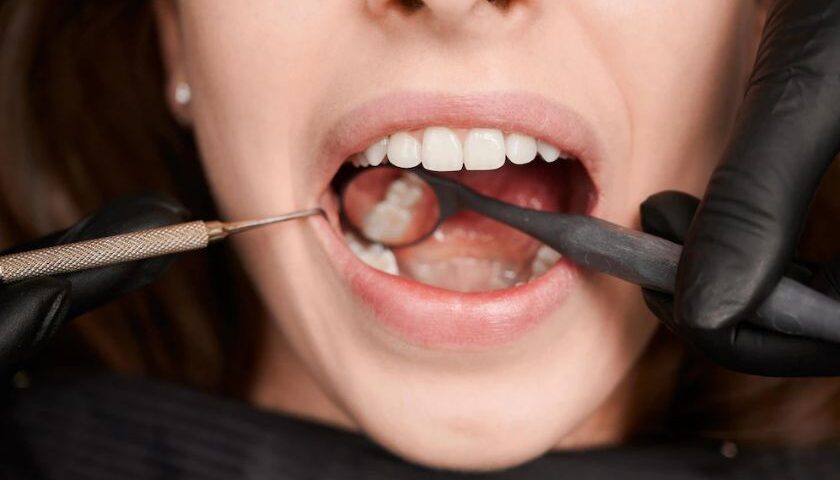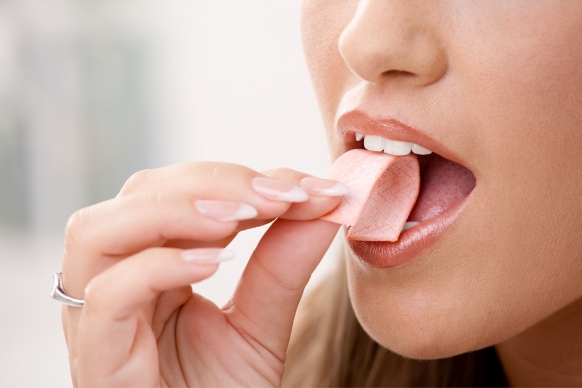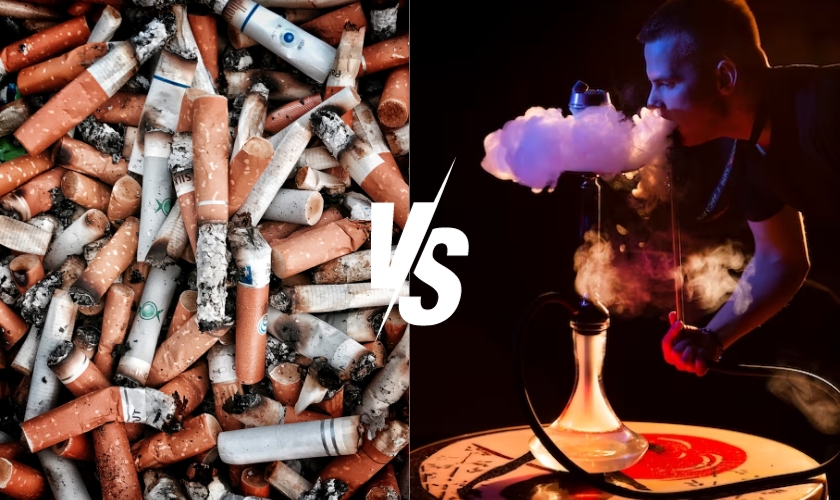Breaking Down The Myths And Misconceptions About Dental Hygiene

Straighter Teeth In Less Time: The Benefits Of Metal Braces
May 30, 2023
Popular Types Of Tooth Replacement Options
June 8, 2023Maintaining good dental hygiene is essential for overall oral health. However, there are numerous myths and misconceptions surrounding dental care that can hinder proper oral hygiene practices. In this informative blog, we will break down these myths and provide accurate information about dental hygiene. By debunking these misconceptions, we aim to promote a better understanding of dental care and emphasize the importance of proper oral hygiene practices.
The Importance Of Dental Hygiene:
Dental hygiene plays a vital role in preventing oral diseases, maintaining fresh breath, and preserving the health of teeth and gums. It involves regular brushing, flossing, and professional dental check-ups.
Myth 1: Brushing Harder Is Better
Contrary to popular belief, brushing harder does not equate to better cleaning. Brushing with excessive force can actually damage the enamel and irritate the gums. It is recommended to brush gently but thoroughly using a soft-bristled toothbrush.
Myth 2: You Only Need To Brush Once A Day
The American Dental Association (ADA) recommends brushing at least twice a day for two minutes each time. Brushing in the morning and before bed helps remove plaque and bacteria, reducing the risk of tooth decay and gum disease.
Myth 3: Flossing Isn’t Necessary
Flossing is a crucial part of dental hygiene as it helps remove plaque and food particles from between the teeth and along the gumline. It reaches areas that a toothbrush can’t, preventing gum disease and cavities.
Myth 4: Mouthwash Can Replace Brushing And Flossing
While mouthwash can provide temporary fresh breath and help kill some bacteria, it should not replace brushing and flossing. These actions physically remove plaque and debris, while mouthwash offers a supplemental benefit.
Myth 5: Sugar Is The Only Cause Of Tooth Decay
While sugar consumption is a significant contributor to tooth decay, it is not the sole cause. Acidic foods, poor oral hygiene, and frequent snacking can also contribute to tooth decay. Proper oral hygiene practices help combat the effects of these factors.
Myth 6: Whitening Toothpaste Can Instantly Whiten Teeth
Whitening toothpaste can help remove surface stains and brighten the teeth slightly over time. However, it is not as effective as professional teeth whitening treatments for significant color changes.
Debunking the Myths: Facts And Truths
Debunking these dental hygiene myths highlights the importance of evidence-based practices. The facts emphasize the significance of regular brushing, flossing, and professional dental care for maintaining optimal oral health.
The Role Of Professional Dental Care
While proper at-home dental care is crucial, regular visits to the dentist are equally important. Professional dental cleanings, examinations, and treatments ensure early detection and intervention for dental issues, promoting long-term oral health.
The Bottom Line
By debunking common myths and misconceptions about dental hygiene, we can better understand the importance of proper dental care. Regular brushing, flossing, and professional dental visits are essential for maintaining oral health and preventing dental problems. Stay informed and embrace evidence-based dental hygiene practices for a healthy smile.




